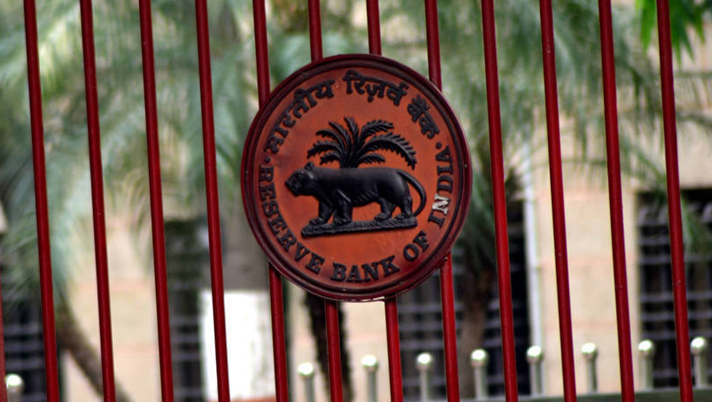Trump's Economic Advisor Dismisses Dimon's Bond Market Fears: 'His Track Record Speaks for Itself'

In a surprising and pointed exchange, Scott Bessent, a key economic advisor to former President Donald Trump, has publicly challenged Jamie Dimon, the CEO of JPMorgan Chase, over his recent warnings about a potential bond market crisis. Bessent, currently serving as Assistant Secretary of the Treasury for Financial Stability, directly refuted Dimon’s concerns, claiming the banker's predictions have consistently proven inaccurate throughout his career.
Dimon, a prominent figure in the financial world, recently cautioned investors about the possibility of significant turbulence in the bond market, citing factors such as persistent inflation and rising interest rates. His comments sparked widespread discussion and anxiety among investors and economists alike. However, Bessent’s rebuttal has injected a new layer of complexity into the debate.
“I’ve watched Jamie make predictions for my entire career,” Bessent stated in an interview. “And frankly, none of them have come true. He’s got a lot of opinions, but his record doesn't support them.” This strong statement represents a clear divergence in opinion between a leading figure in the Trump administration and one of the most influential bankers in the country.
The clash highlights the ongoing debate surrounding the health of the U.S. economy and the potential for future financial instability. While Dimon's warnings reflect a cautious outlook, Bessent's dismissal suggests a more optimistic view, potentially driven by the Trump administration’s economic policies and priorities.
Why Dimon’s Warnings Matter
Jamie Dimon's pronouncements carry significant weight in the financial world. His warnings about the bond market are not to be taken lightly. A bond market crisis can have far-reaching consequences, impacting everything from mortgage rates to corporate borrowing costs. Dimon’s concerns are rooted in a belief that inflation, while moderating, remains stubbornly high and that the Federal Reserve will likely need to maintain a hawkish stance on interest rates for some time.
Bessent’s Counter-Argument: A History of Missed Calls?
Bessent’s criticism centers on Dimon's past predictive failures. He argues that Dimon has a tendency to overreact to economic conditions and that his forecasts often prove to be overly pessimistic. While Bessent didn’t provide specific examples of Dimon’s inaccurate predictions, his assertion implies a pattern of flawed judgment.
The Broader Implications
This public disagreement underscores the political dimension of economic forecasting. Bessent's comments can be interpreted as a defense of the Trump administration's economic record and a subtle critique of the Biden administration’s policies. The debate also highlights the inherent uncertainty in predicting future economic trends. Even the most experienced and respected economists can be wrong, and differing opinions are a natural part of the process.
Ultimately, whether Dimon’s warnings will materialize remains to be seen. However, Bessent’s challenge serves as a reminder that economic forecasts are not always reliable and that investors should exercise caution and due diligence when making financial decisions. The bond market will be closely watched in the coming months for any signs of distress, and the ongoing debate between these two influential figures will undoubtedly continue to shape the narrative.






